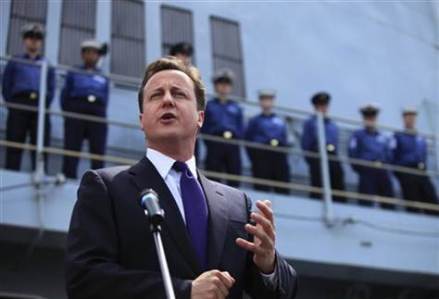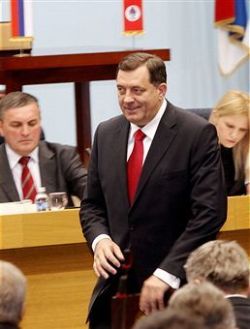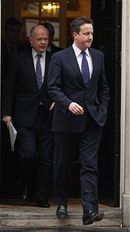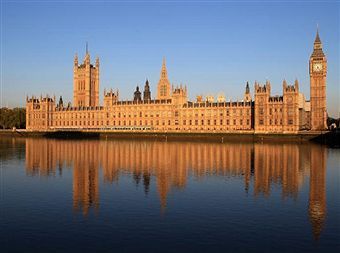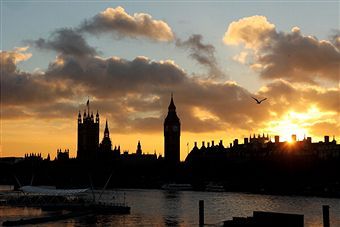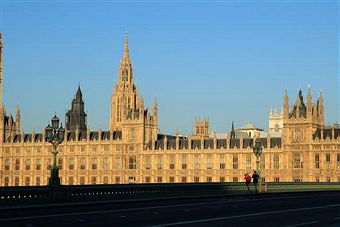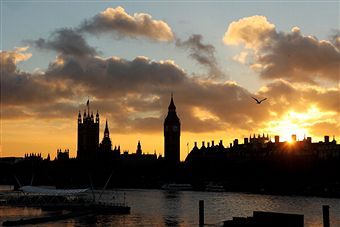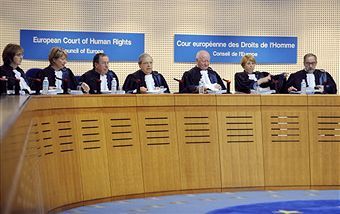Back to the start on a military covenant
I suppose you could call it an O-turn. First, the Prime Minister declared, in a speech aboard HMS Ark Royal last year, that a new military covenant would be enshrined “into the law of our land.” Then, there seemed to be a U-turn, with the government committing only to review the covenant annually, not to lend it legal force. Yet, now, a U-turn on the U-turn, with the news that it will be etched into the staute books after all. The defence minister Andrew Robathan tells today’s Telegraph that, “we are putting the military covenant on a statutory basis for the first time.” The formal announcement is expected in the
